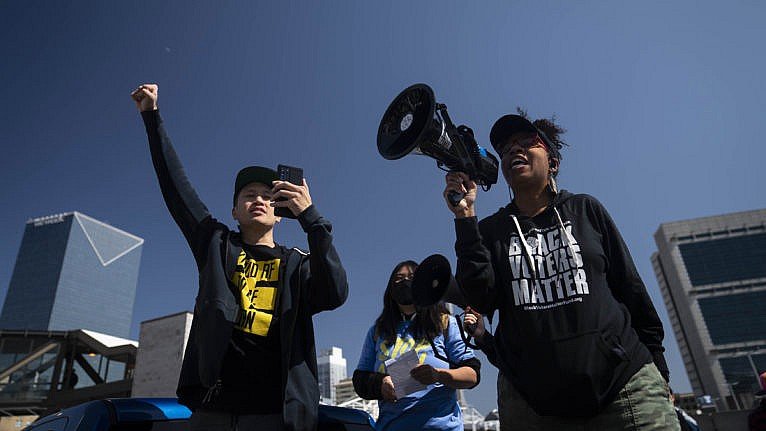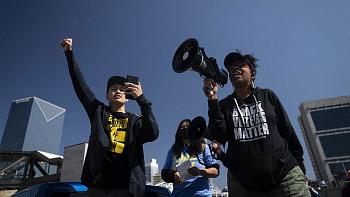Black and Asian solidarity against racism is powerful. But it is not the solution
I’ve written a lot about race. The present-day repercussions of slavery and colonialism; the machinations of racism; the impossible burden of being Black. I am intimately aware of the injustice and inequity that are systemically, and systematically, doled out to people who look like me, people who share my ancestry. But the alarming spike in anti-Asian racism in Canada and the United States over the past year has caused me to reflect on my ancestry in its entirety. I am one-quarter Chinese. Twenty-nine percent to be exact, as confirmed by the recent results of a popular DNA testing service.
My paternal grandfather immigrated to Jamaica from Hong Kong in the early 1940s. There, he met and married my grandmother. Their union produced three children, including my father. My grandfather died in 1973, 14 years before I was born. My knowledge of him sums up the full extent of my connection to my Asian heritage, a detail that I do not speak about much and one that is not extraordinarily obvious except for the common perception that I look racially ambiguous, and the fact that my last name is the 47th most common in China.
I have an inherent feeling of belonging when I am amongst other Black people, whether in Jamaica, or Saint Lucia or Haiti. There is comfort in our shared history, even the horrific parts. On the other hand, I’ve never felt more out of place than I did walking down the streets of Shanghai, or than when I lived in Southeast Asia. I wasn’t just a foreigner. I was a Black foreigner, an unconcealable fact that would elicit stares and, quite frankly, anti-Black micro-aggressions. One lady in Shanghai asked me if I was proud that my then-four-month-old son was “fairer†than me. A classmate at my then-six-year old’s international school asked me one day why I had such dark skin. The most simplified response I could think of to tell him was that people in different parts of the world had different shades of skin. He wistfully responded that he wanted to be as white as a sedan in the school parking lot. He then proceeded to tell me all the precautions his mother had taught him—such as staying out of the sun—to ensure that he did not get darker, precautions my own Black grandmother had taught me growing up in Jamaica.
Comments
There are 0 comments on this post






